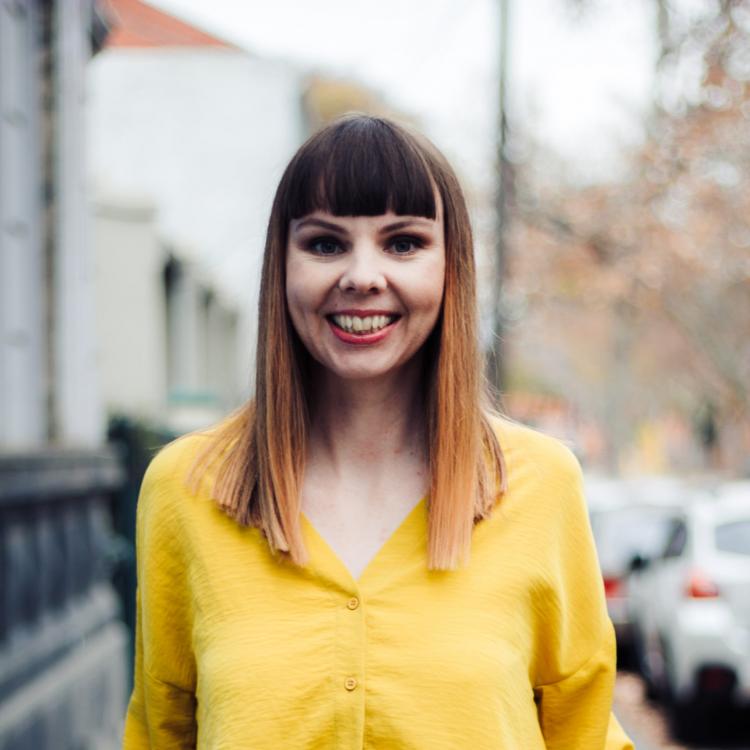DUE TO HIGH APPLICATION NUMBERS, WE ARE NOW FILLING A TUESDAY CLASS COMMENCING TUESDAY, 24 FEBRUARY
and A WEDNESDAY CLASS COMMENCING WEDNESDAY, 25 FEBRUARY.
Young Adult (YA) fiction is an introduction into the world of reading and flights of imagination, and is many readers’ first true love. Writing YA novels, however, can be daunting. How do you write for a teen audience while retaining an authentic, believable voice? This course will lead you through the key tenets of writing for young adults.
Across 22 sessions, you will be taught by industry expert Shivaun Plozza, who will guide you through the ins and outs of YA writing. Writing a novel for young adults might look simple on paper, given that YA is often shorter than adult fiction and the distance to travel may look more achievable. However, YA fiction is just as complex as adult fiction when it comes to developing themes and characters.
Working in a small group and using extracts from a range of successful contemporary novels, you will explore the themes and concepts of YA—including character, setting, world-building, structure and form—and will learn how to apply these insights to your own writing through a range of practical exercises. By the end of the course, you will have a solid story plan and will be working towards a completed first draft of your own YA novel. You will also develop the necessary skills to tackle revisions and pitching.
Presented by Australia’s leading independent publishing house, Writing a YA Novel is a targeted program specifically designed to help you find the focus you need to stay the distance and finish your manuscript draft throughout the year. During this time, your Course Director will provide you with:
- Feedback on ~10,000 words of your work-in-progress, delivered through a mixture of whole-class workshops, and 1 x personalised individual one-on-one consultation.
- Regular online classes covering everything from research, narrative structure and style.
- The ability to connect with fellow committed novelists, building a close-knit community of trusted readers.
- The opportunity to establish valuable industry connections with key insiders from the Australian publishing industry. There is no better way to get on the road to publication than to meet the people who know the industry inside-out.
In addition to dedicated course work, students who are submission-ready upon the completion of Writing a Novel will have the opportunity submit to the Faber Writing Anthology, a showcase of student work sent out to leading literary agents and publishers in both Australia and the United Kingdom, and launched at a bespoke industry party.




